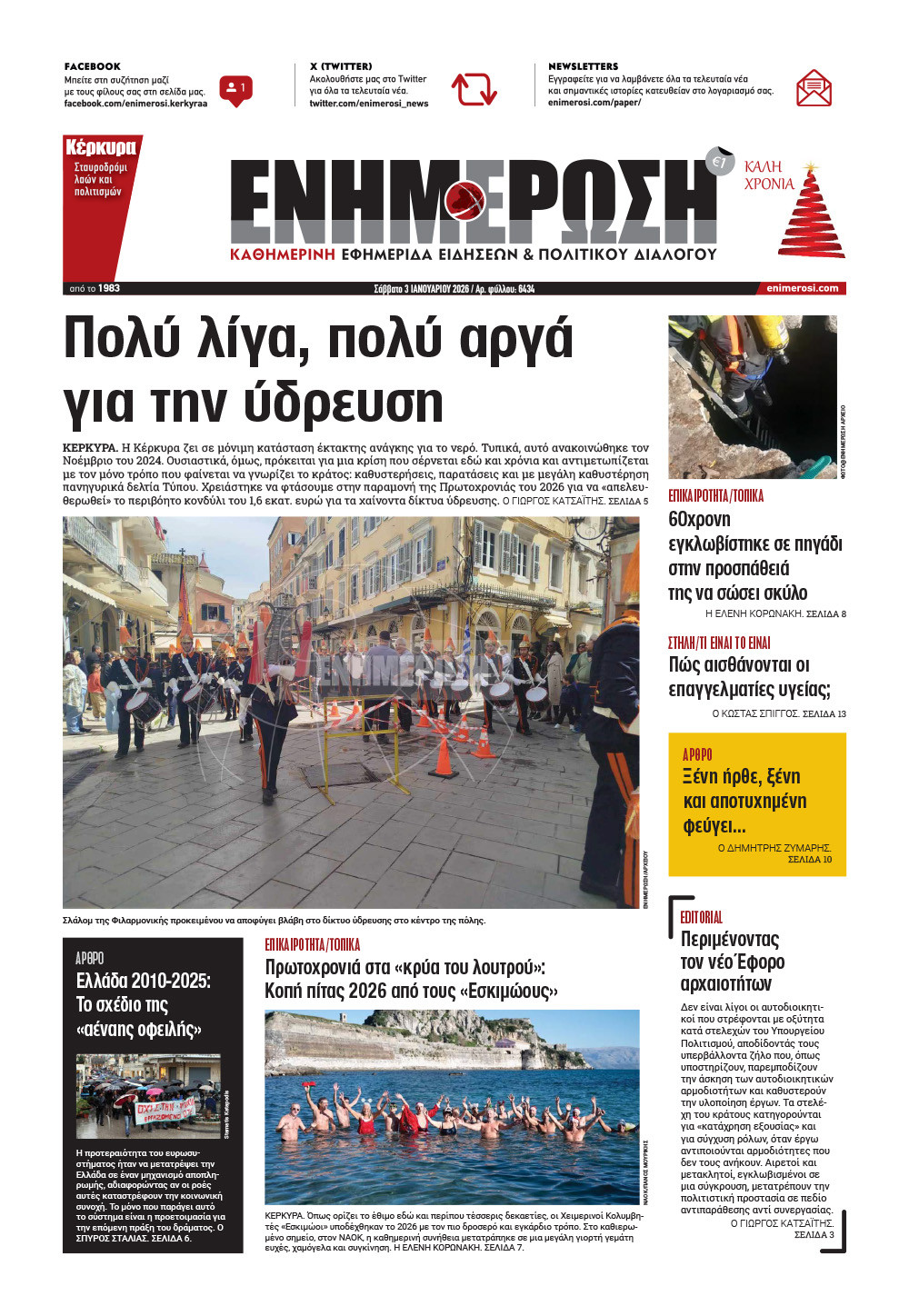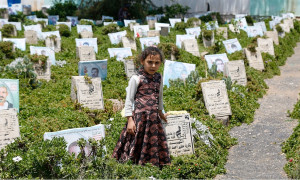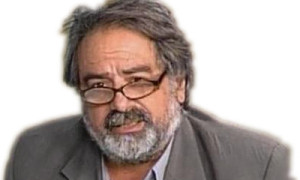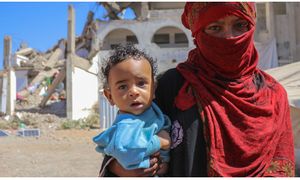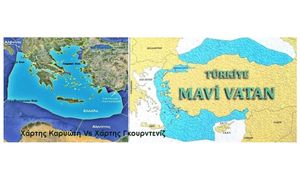The Moral Issues of the War
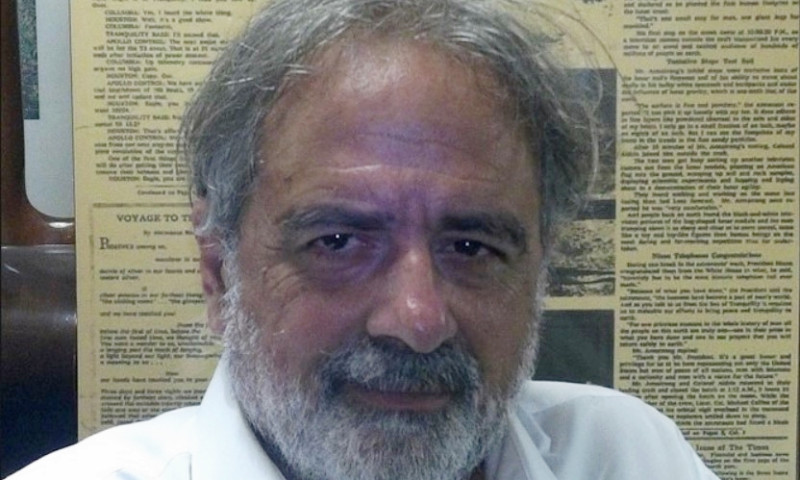
These days, and despite the ongoing horror in Gaza (where thousands of children have been buried under the rubble of the bombs and thousands more will die in the coming days due to shortages of essentials in whatever hospitals are still standing up), the organization still stands united. They erase hateful slogans on the walls and write their own. (What a courage!)
Collecting good practices in the field of this terrible war in the Middle East, an unceasing for 75 years war, I have already presented a school, somewhere between Tel-Aviv and Jerusalem. It is a school of a mixed village of Israelis and Palestinians. It is called ‘Oasis of Peace’. An oasis of peace in a desert of war. I have also presented a youth classical orchestra, created by two great men, the Palestinian philosopher and pianist Edward Said and the Israeli composer and pianist Daniel Barenboim. It is called West-East Divan and is touring the world. The day before yesterday I was invited (as a viewer) to a zoom-discussion by young people, Palestinians and Israelis, who want to live together and in peace. Their organization is called ‘Standing Together’.
The panel, apart from the moderator, consisted of three young women, two Palestinians and one Israeli, and one young Israeli man. Haifa, Wadi-Salim, Jerusalem, West Bank were the origins of the four. Cities in a country, Israel and Palestine, whose total area does not exceed the Peloponnese and the Sterea region together. A day before the horror of October 7, 2023, they had organized a mobilization in favor of the peaceful coexistence of the two peoples. It is a minority movement, but the only hopeful one for the future of the two peoples in this holy and drenched in blood and pain land. These days, and despite the ongoing horror in Gaza (where thousands of children have been buried under the rubble of the bombs and thousands more will die in the coming days due to shortages of essentials in whatever hospitals are still standing up), the organization still stands united. They erase hateful slogans on the walls and write their own. (What a courage!)
On the other hand, bad practices, beyond the warmongering practices, are the statements of our political parties about siding with one or the other camp. The first statements of all the parties, left and right, completely identifying with one camp or the other, seemed to me extremely irresponsible. Statements of the type: "I refuse to condemn", "right to self-defense", etc. (Later, they included the other dimension of the problem, but now as apologetics and following the more balanced statements of foreign agencies.)
Since it is equally bad in these fiery days to keep “equal distances”, I will quote from an article by the American philosopher Judith Butler in the 'London Review of Books' (which, by the way, was given as a discussion paper to the students of of the Ionian University by the professor of the Department of Foreign Languages Theodosis Nicolaidis):
“I oppose the violence that Hamas has inflicted and have no alibi to offer. When I say that, I am making clear a moral and political position. I do not equivocate when I reflect on what that condemnation presupposes and implies. Anyone who joins me in this condemnation might want to ask whether moral condemnation should be based on some understanding of what is being opposed. One might say, no, I don’t need to know anything about Palestine or Hamas to know that what they have done is wrong, and to condemn it. And if one stops there, relying on contemporary media representations, without ever asking whether they are actually right and useful, whether they let the histories be told, then one accepts a certain ignorance and trusts in the framework presented. After all, we are all busy, and we cannot all be historians or sociologists. That is a possible way to think and live, and well-intentioned people do live that way. But at what cost?”



